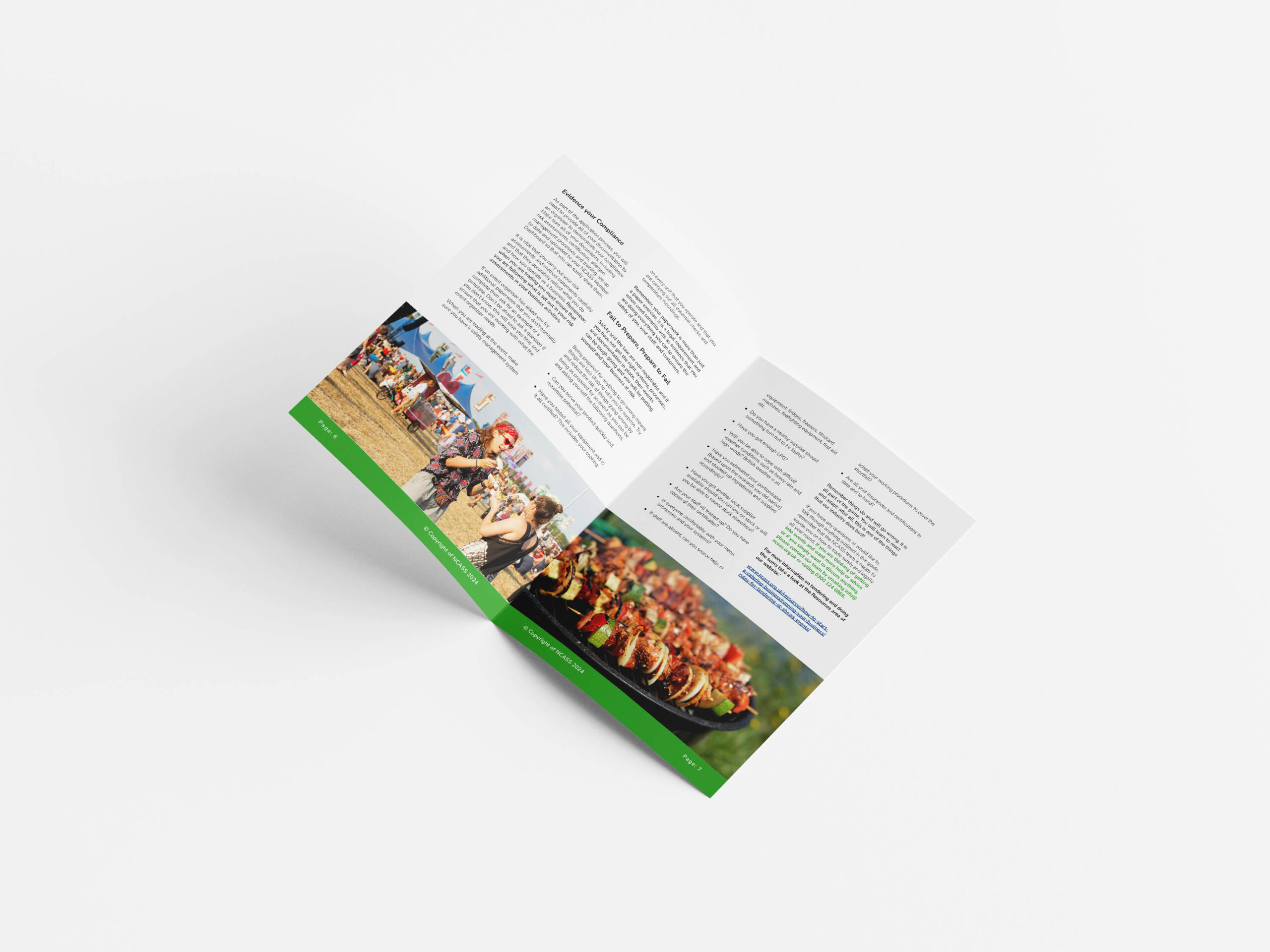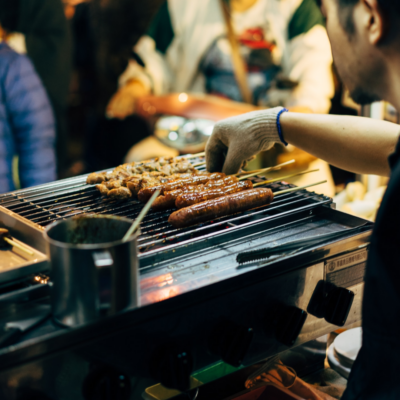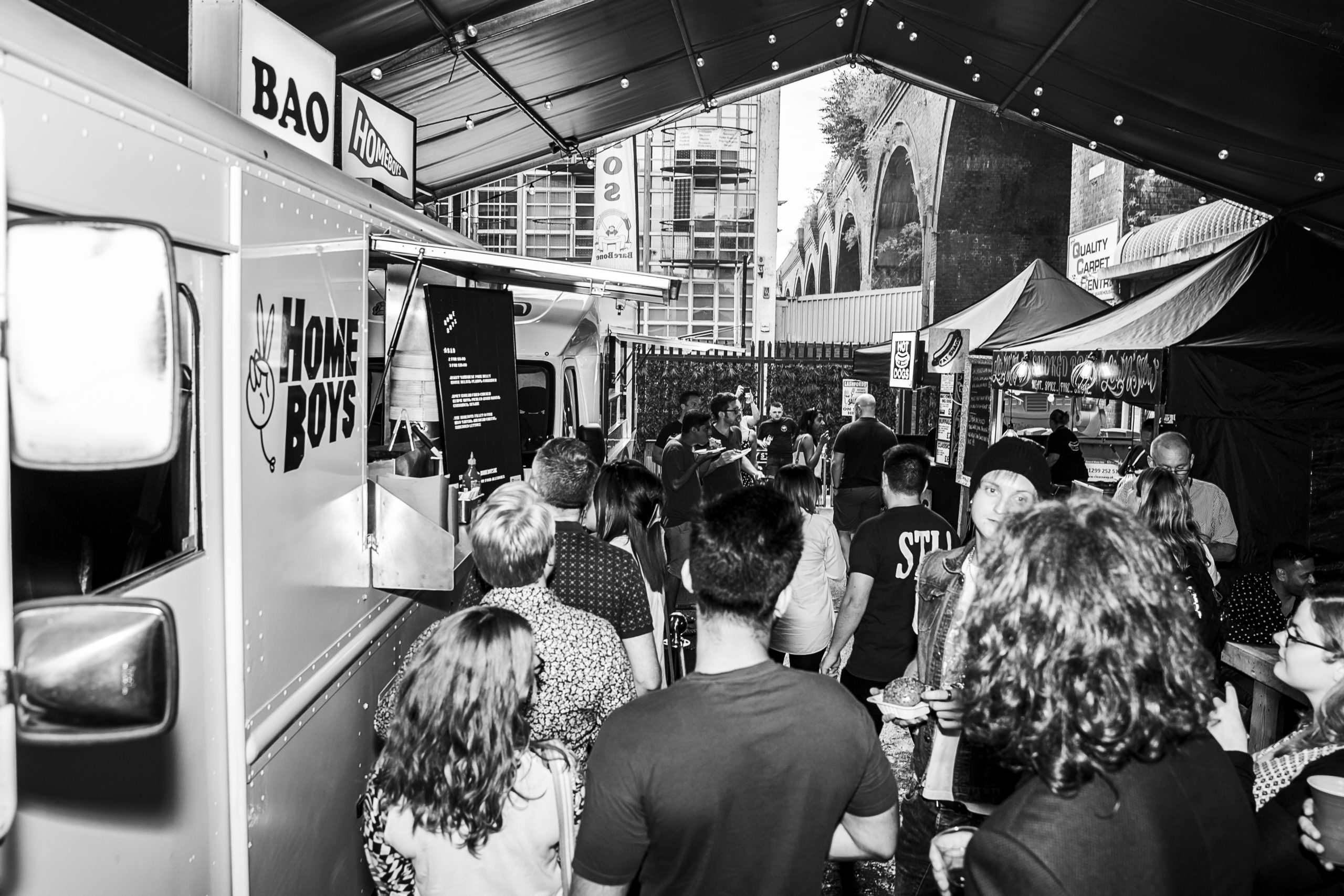Using the above guidelines for our example event, we will look at a 20,000 capacity sell out 1 day show. For the sake of this example we will use an average spend of £6 for those who buy.
20,000 visitors, of whom half are likely to buy food throughout the day, gives us 10,000 potential meals sold at the event.
Working on the premise that these 10,000 customers will spend £6 each this gives us a total event spend of £60,000.
We have spoken to the organiser who has confirmed that there will be 5 general purpose units and 10 special purpose. General purpose (GP) is the name given to traditional fast food or burger units, while special purpose refers to more specialist niche products, like Caribbean or paella.
In event catering, GP traders tend to take the lion’s share of the business. This is dependent on the event and area of the country, however, burgers are still the most popular food at events. GP units generally take around 60% of the business. They also pay more in pitch fees for the privilege.
So, total spend with the GP units will be 60% of £60,000 or £36,000. This works out at £7,200 per GP unit in potential sales. Similarly, the special purpose units will share £24,000 between 10 of them, or £2,400 each.
This is one way to work out your potential to earn money, we would always suggest that in terms of rent, you should be looking to pay between 10-25% of your potential takings on rent, obviously the lower the better. Any more than 25% and you will struggle to turn a profit.













 Featured Training
Featured Training